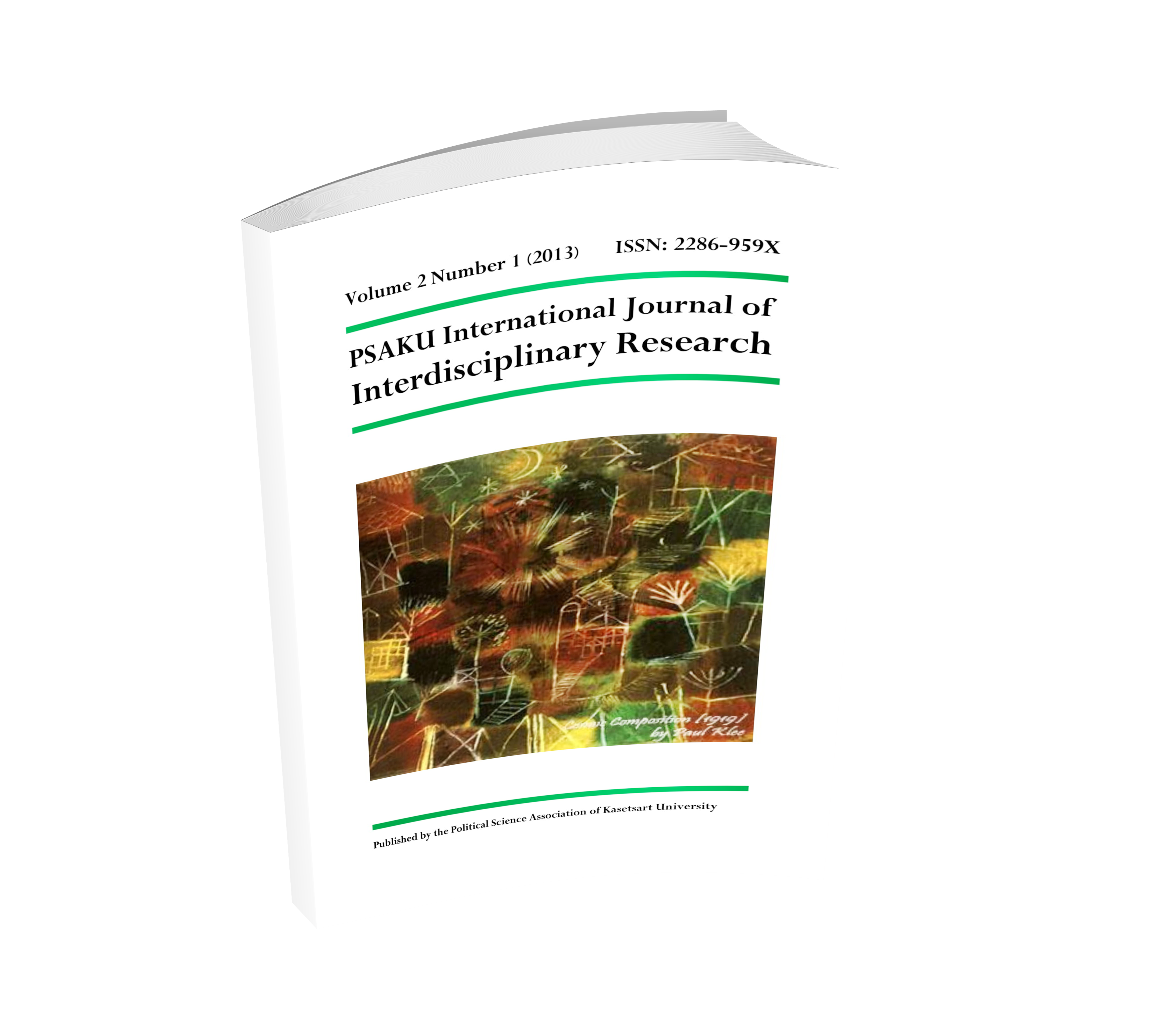Naming Practice of Royal Thai Army Camps in Context of Political Symbolism
Keywords:
Military Camp, Royal Thai Army, Political SymbolAbstract
The military coup d'état in B.E. 2490 (1947) has instigated the conception of nationalism in a form of reestablishment of royal prerogatives of the monarch, as well as military power expansion in consequence. The Royal Thai Army has a role in maintaining national peace and order and a major role in Thai political system up until the present, particularly in a manner of establishing legitimacy in its political space expansion through distribution of manpower to be stationed in military camps throughout the country. There has been a practice of naming military camps after historical figures, local figures and places revered by the people so as to foster and strengthen national security. Hence, this article has intended to study the military camp naming practice of the Royal Thai Army in terms of political symbolism, and the findings thereof have indicated that the military camp naming practice involves three considerations; 1) serving the ideology of nationalism, 2) revising the history to venerate persons, and 3) maintaining political space and security within the immediate localities, which have developed into the political symbol of the Royal Thai Army and Thai society in harmony ever since.
Downloads












.png)


